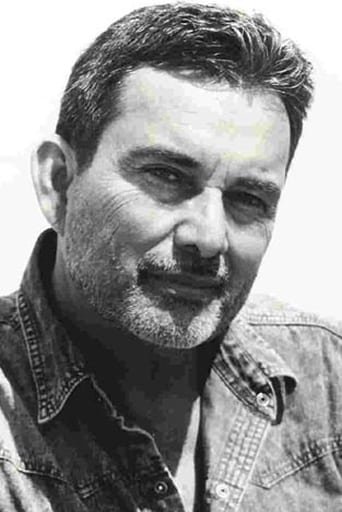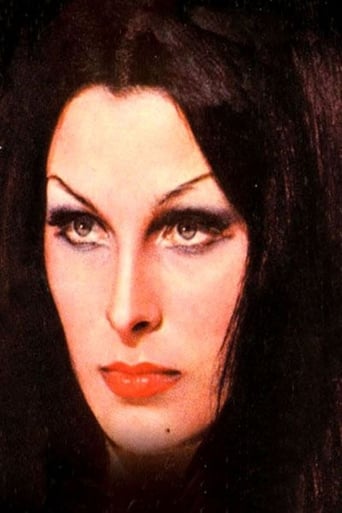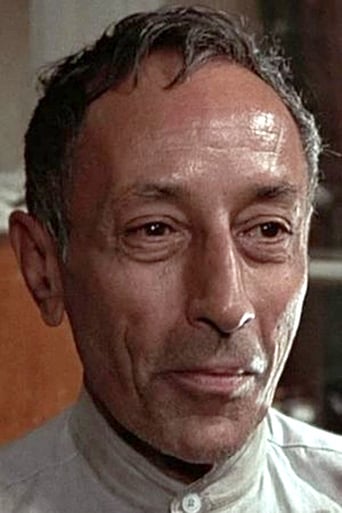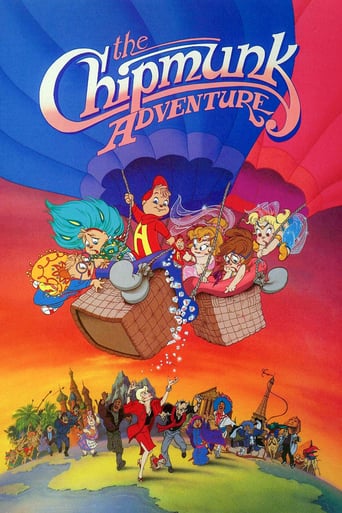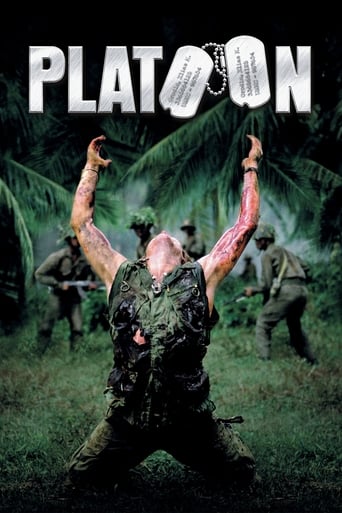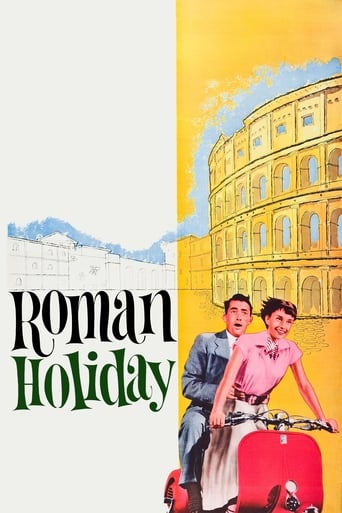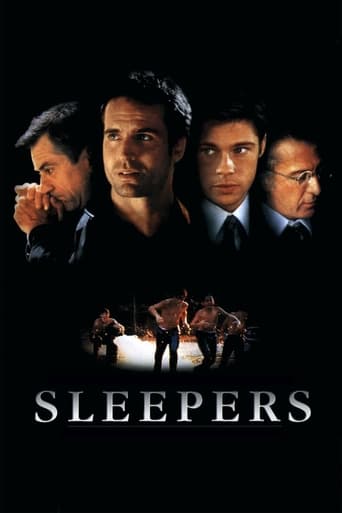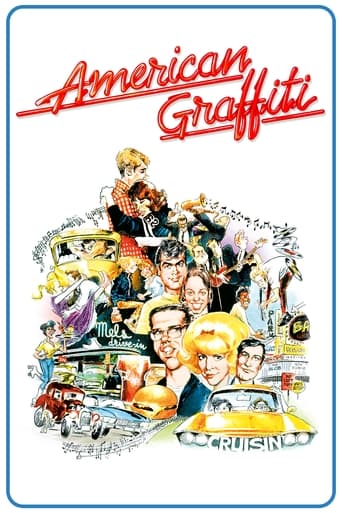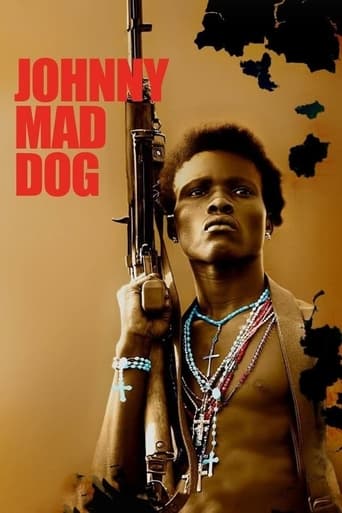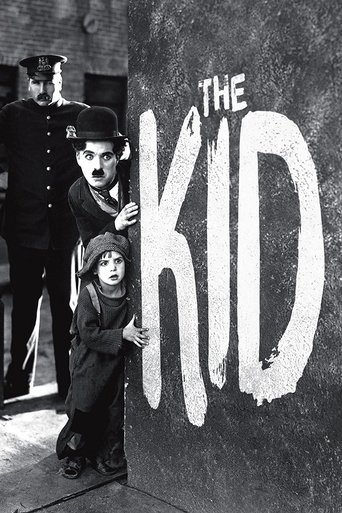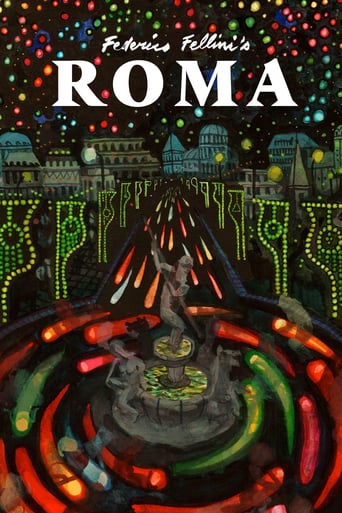
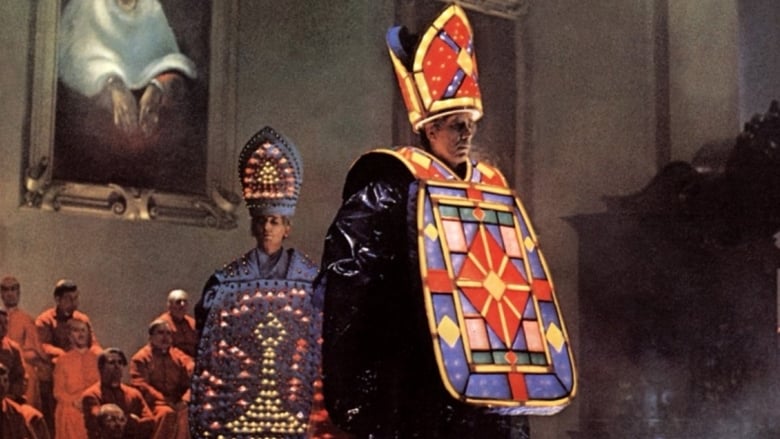
Roma (1972)
A virtually plotless, gaudy, impressionistic portrait of Rome through the eyes of one of its most famous citizens.
Watch Trailer
Cast


Similar titles
Reviews
I really don't understand why this movie is so highly regarded. (Could say the same for most of Fellini's movies, in fact). A rambling pointless movie with no discernible plot. At best it's a tourism advertisement for Rome.There are sparks of life and point. The Catholic cardinals prancing around as models in a fashion show was quite funny, and a bit of an stab at how the clergy tries to be hip, in a phony sort of way. Also, the stabs at the idleness and anarchy of the younger generation. Most importantly, how a city, and civilization as a whole, changes with the times.Unfortunately, these points are brief and are not followed through. Plus there is no connection between these brief sparks of life. It's all fairly random.
Of the five movies so far I have seen of Fellini's, Roma is my least favourite, but that doesn't mean at all that it is a bad film. It's just that I think La Dolce Vita, 8 1/2 and Amarchord are masterpieces and La Strada a near-masterpiece.Roma while perhaps being the most personal of Fellini's films for me was just very, very good. For my liking, Fellini occasionally shows a lack of intellectual rigour and when he is reminiscing and chatting with the likes of Marcello Mastroianni while mostly companionable and insightful there is the odd occasion where he comes across as a tad overbearing.However, Fellini more than makes up for it with a very interesting and insightful experimental/documentary-like approach to this film. Mastroianni, Gore Vidal and Anna Magnani are a delight to watch, the film does have a subtle message and told with a lot of heart and Nino Rota's score is atmospheric, nostalgic and lilting. Like all his films, the visuals show a genius at work. The cinematography is spellbinding and The Eternal City is gorgeous. Here Fellini's images are at their best in the 1940s music hall show, the unearthing of the ancient villa and the fashion parade.All in all, enchanting and interesting if not Fellini's best. 8/10 Bethany Cox
i mean people who complain about plot are idiots... well most are =D.this movie is the best living description of a life in a city.i mean hardly any movies are as lively as this... it has some magic that other movies don't have.little aging has happened. i'm a very realistic in my giving points... i mostly give 2-4 points to movies... so this one is a masterpiece...i think that these should be the movies shown to people on TV. no it's crap after more bull after more shaissenburgen... =D but people like only bad movies. (not all) but my old friends who have gone through college, and work. they seem reasonably intelligent, but when it comes to culture these people fail miserably... oh well =D definitely one of the best of fellini...
It's well known that Fellini abandoned linear, narrative film-making sometime during 8½, though perhaps the seeds were already being sewn with his two episodic dramas, Nights of Cabiria and La Dolce Vita. Like those films, Fellini-Roma offers up a similarly episodic, shambolic and deeply romanticised depiction of Italy's capital. However, unlike those films, there is no central figure or narrator, like the prostitute Cabiria or Marcello the playboy journalist, to guide us through Fellini's labyrinthine concoction; only the fevered musings of it's director and the rambling recollections of a series of fanciful weirdoes. Thus, the film isn't a film in the traditional sense, but rather, a fusion of documentary style-footage and stylised recreations of characters, places, times and events.Many have criticised the film (as well as others from the same era, particularly Juliet of the Spirits, Satyricon, Fellini-Casanova and The City of Women) as being trivial, meandering and self-indulgent, all of which are true, but certainly the element of indulgence and theatrical abstraction (as well as a penchant for the outrageous and arcane) was always part of Fellini's appeal. Here, the previous hints of free-form abstraction, is taken further, with all semblance of story removed, so the film, unlike his previous two films Juliet of the Spirits and Satyricon, which were abstract and sprawling but still had a sense of character and plot, Roma instead, wanders along from one scene to the next, with no real focus on character (although there are many faces that reoccur throughout) and nothing in the way of narrative momentum. Now, this will undoubtedly be a problem for some viewers who require a sense of pace or meaning to their films, though, for those of us still interested in what Fellini has to offer, regardless of content (or lack, thereof), it is perhaps best to think of the film as a collection of scenes to dip in and out of at random.As was the case with many later-Fellini, the film has a number of intoxicating set pieces scattered sporadically throughout, amongst the most impressive being an epic fashion show replete with the trademark Fellini grotesques, social and political commentaries and a fair bit of sniping, sycophantic star-worship. Other standouts, with the film traversing a number of different time periods, include a reconstruction of Rome during the reign of Mussolini, a heated traffic jam on the autostrada and a lengthy documentary-like scene following a group of archaeologists searching through Rome's labyrinth of subway systems. There are a variety of other set pieces scattered throughout the film that probably warrant some sort of mention, but they just didn't resonate with me as highly as they have with certain other viewers.However, that's one of the great things about Fellini-Roma, with the director stringing together a series of impressionist sketches that will no doubt conjure different moods and emotions in whoever watches the film. As was apparent right from the start with Fellini, was his ability to evoke a certain time and place through his images, set-construction, sound-design, and overall iconography... and that's certainly evident here. Of course, like all of the director's work from this period, the film won't be to all tastes, with many no doubt despairing of the filmmaker's seeming indulgence, pretension and wanton disregard of character and narrative. However, if you treat the film more like an episodic tapestry (or travelogue) to dip in and out of, then you're sure to get a lot out of Fellini's majestic, carefully orchestrated imagery, bizarre cavalcade of clowns, freaks, geeks and weirdoes (not to mention the usual barrage of buxom ladies), and a collection of cameos and in-jokes from a variety of Fellini regulars.For my money, this film isn't quite as essential as 8 ½, Amarcord, La Dolce Vita or ...And the Ship Sails on, though it does rank alongside the sentimental La Strada and the similarly episodic Night of Cabiria (I'm not sure whether or not I prefer Casanova over this... I'd have to see both films again) and is much better than the free-form bombardment of Juliet of the Spirits, Satyricon and The City of Women (in my opinion, at least). Regardless of the comparisons to his previous films, Fellini-Roma is still an enchanting film with some astounding moments of visual spectacle to compensate for the overall lack of plot. Probably a worthwhile purchase for die-hard Fellini fans, though those new to the director's work would be better off starting elsewhere.


